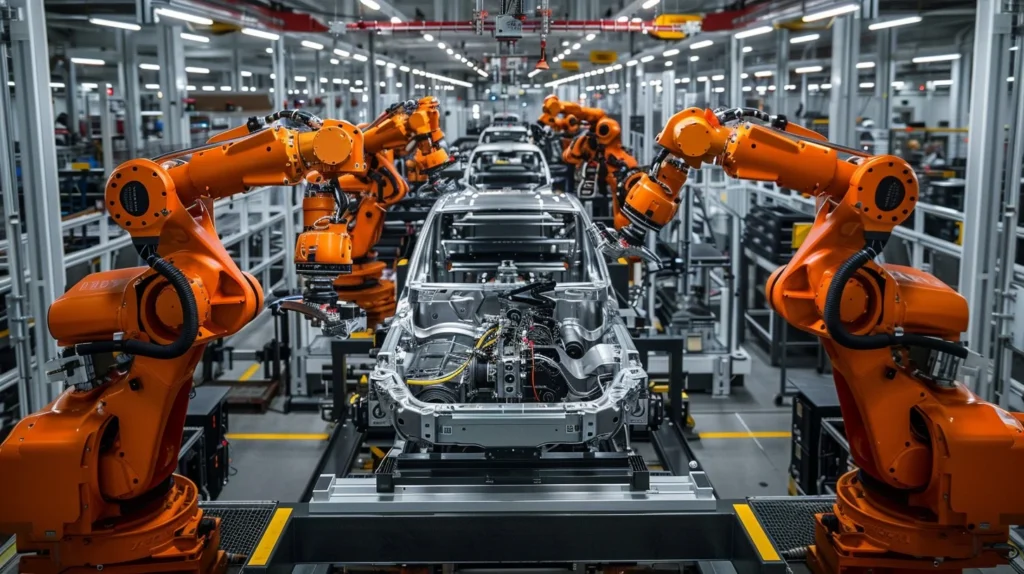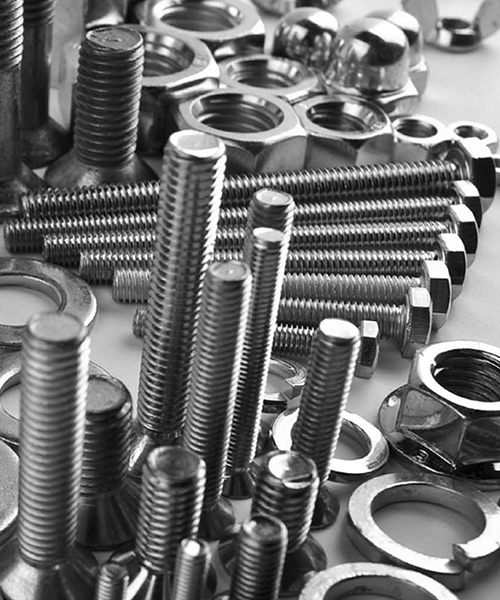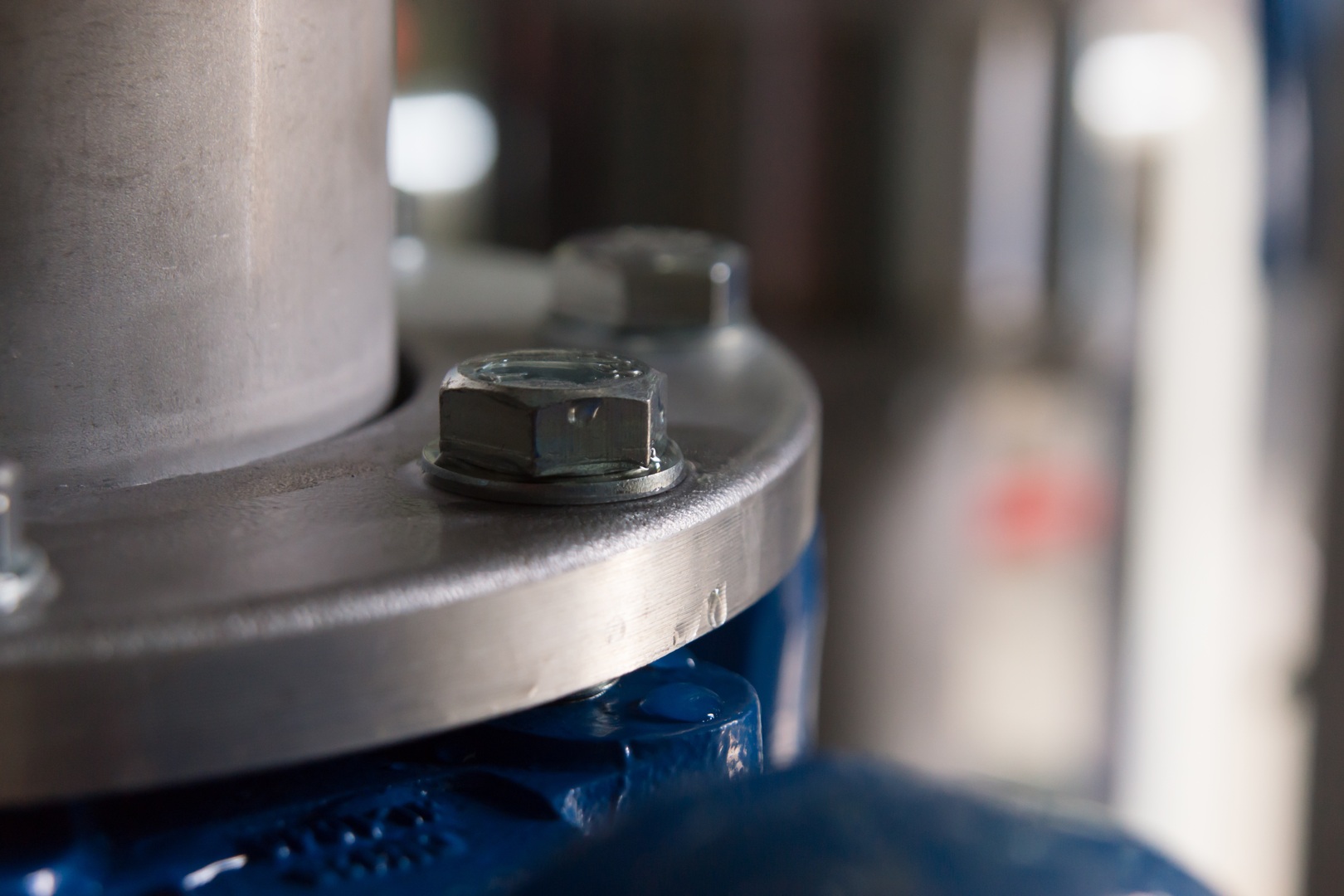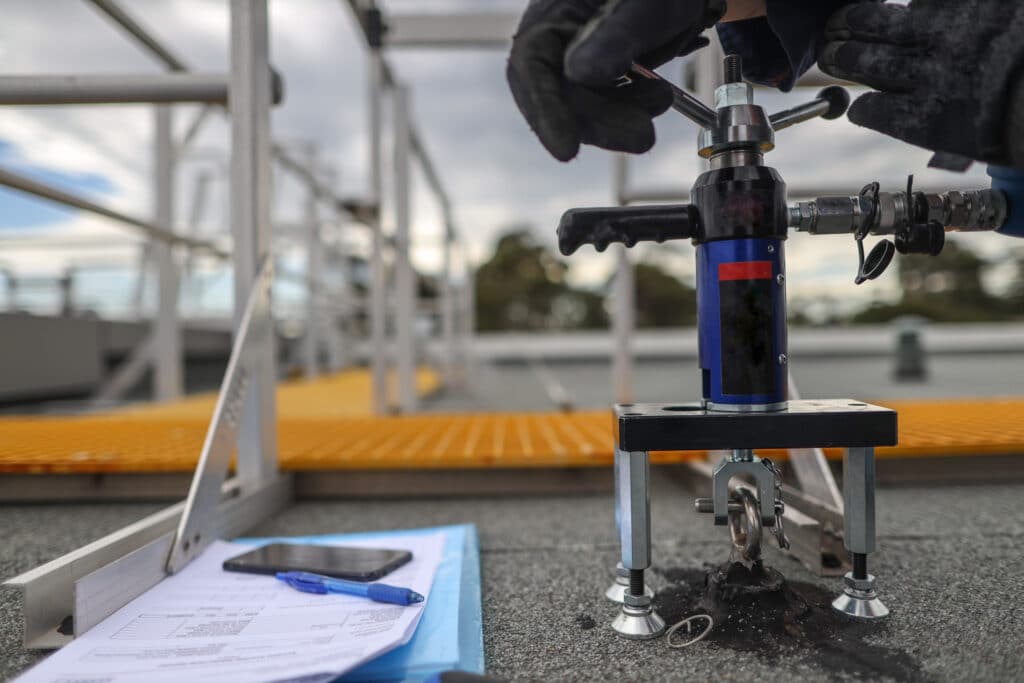Technology, Trends & Leading Suppliers
Introduction
Fasteners play a fundamental role in the automotive industry, holding together thousands of individual components that make up a vehicle. While small in size, their importance is immense, ensuring structural integrity, durability, and safety in cars, trucks, buses, and motorcycles.
With the increasing complexity of vehicle designs—driven by electrification, lightweight construction, and automation—the fastener industry is undergoing technological advancements. New materials, smart fastening solutions, and high-precision assembly techniques are shaping the industry.
This article explores:
- The technical aspects of fasteners in modern vehicles
- The latest trends in fastening technology
- Challenges in automotive fastening
- A list of leading fastener manufacturers and distributors, with a focus on Germany and Poland
1. Technical Requirements for Automotive Fasteners
1.1. Performance Expectations
Automotive fasteners are exposed to harsh conditions, including:
- High mechanical stress – in chassis, engine mounts, suspension systems
- Vibrations – in powertrain and moving parts
- Extreme temperatures – from engine heat to sub-zero conditions
- Corrosive environments – exposure to road salt, moisture, and chemicals
- Electrical conductivity/insulation – for EV battery connections
Thus, automotive fasteners must exhibit:
- High tensile and shear strength to withstand heavy loads
- Fatigue resistance to endure repeated stress cycles
- Corrosion protection for longevity
- Weight reduction without compromising strength
- High precision for automated assembly processes
1.2. Material Comparison for Automotive Fasteners
| Material | Advantages | Disadvantages | Application |
|---|---|---|---|
| Carbon Steel | High strength, cost-effective | Susceptible to corrosion | Chassis, structural components |
| Stainless Steel | Corrosion-resistant, durable | Heavier, more expensive | Exhaust systems, high-exposure areas |
| Aluminum | Lightweight, corrosion-resistant | Lower strength than steel | EVs, weight-sensitive applications |
| Titanium | High strength-to-weight ratio, heat-resistant | Expensive, difficult to machine | Motorsport, aerospace-grade fasteners |
| Composite Fasteners | Ultra-lightweight, non-conductive | Lower load-bearing capacity | Interior panels, electrical connections |
1.3. Coatings & Surface Treatments for Durability
To enhance fastener durability, various coatings and surface treatments are used:
| Coating Type | Function | Application |
| Zinc plating | Corrosion resistance | General automotive fasteners |
| Zinc-nickel alloy | Improved wear & corrosion protection | High-stress components |
| Phosphate coating | Enhances paint adhesion | Chassis bolts |
| Dacromet® | High corrosion resistance | Brake system fasteners |
| PTFE & Teflon® coatings | Lubrication & chemical resistance | Engine assembly |
| Black oxide | Aesthetic and mild corrosion protection | Interior screws & trim fasteners |
2. Case Studies of Automotive Fastening Solutions
2.1. EV Battery Fastening Challenges
Problem: Traditional steel bolts caused electrical shorts in early EV battery packs.
Solution: The introduction of nylon-insulated fasteners and non-conductive coatings improved battery safety and longevity.
Result: Improved battery assembly reliability and reduced failure rates.
2.2. Weight Reduction in Motorsport Fasteners
Problem: Motorsport vehicles require lighter fasteners without sacrificing strength.
Solution: Replacement of steel bolts with titanium fasteners, reducing weight by 40%.
Result: Improved vehicle acceleration and handling, leading to competitive performance advantages.
2.3. High-Temperature Fasteners in Turbocharged Engines
Problem: Conventional fasteners failed under extreme temperatures in turbocharged engines.
Solution: Nickel-alloy fasteners with ceramic coatings should be used to withstand 1000°C+.
Result: Increased lifespan of turbo components and improved engine efficiency.
3. Leading Fastener Manufacturers & Distributors
3.1. Global Industry Leaders
- Würth Group (Germany) – Largest fastener distributor worldwide
- Bulten AB (Sweden) – OEM supplier for automotive screws and bolts
- ITW (USA) – Specializes in engineered fasteners for EVs & high-performance vehicles
- KAMAX (Germany) – High-strength structural fasteners
- Nedschroef (Netherlands) – Lightweight & aerospace-grade fasteners
3.2. Leading Distributors of Automotive Fasteners
- Fabory (Netherlands) – Major European fastener distributor
- Keller & Kalmbach (Germany) – Leading supplier of industrial fasteners
- Fastenal (USA) – One of North America’s largest fastener distributors
- Berardi Bullonerie (Italy) – Specializes in automotive and industrial fasteners
- Bossard Group (Switzerland) – High-precision fastening solutions
- Yamashina Corporation (Japan) – Supplier of precision fasteners for automotive applications
- Sheh Fung Screws (Taiwan) – Major supplier of high-performance screws and fasteners
3.3. Polish Fastener Companies
- Śrubena Unia S.A. 🇵🇱 – Leading Polish manufacturer of automotive and industrial bolts
- Fabryka Śrub Bispol 🇵🇱 – Specializes in high-strength automotive fasteners
- Śrubena SA 🇵🇱 – Produces metric screws and custom fastening solutions
- EXMETA Sp. z o.o. 🇵🇱 – Advanced coated fasteners for corrosion resistance
- Koelner Polska 🇵🇱 – Automotive & industrial fastening solutions
3.4. German Automotive Fastener Leaders
- Bollhoff GmbH 🇩🇪 – Pioneer in riveting & self-locking fasteners
- ElringKlinger AG 🇩🇪 – Specializes in sealing solutions & fasteners
- Arnold Umformtechnik GmbH 🇩🇪 – High-tech bolts for EV powertrains
- LISI Automotive 🇩🇪 – Smart fastening solutions for lightweight vehicles
- Ejot GmbH 🇩🇪 – Plastic-metal hybrid fasteners for interior components
4. Conclusion
The automotive fastening industry is evolving rapidly due to:
- Electrification & lightweight materials
- Automation & Industry 4.0
- New corrosion-resistant coatings
- Smart fasteners & self-locking mechanisms
As EVs, autonomous vehicles, and AI-driven manufacturing advance, fastener technology will remain a critical factor in ensuring vehicle safety, durability, and efficiency.





Pingback: Taiwan’s Fastener Industry: Challenges, Opportunities, and Future Prospects – Fastener.Website